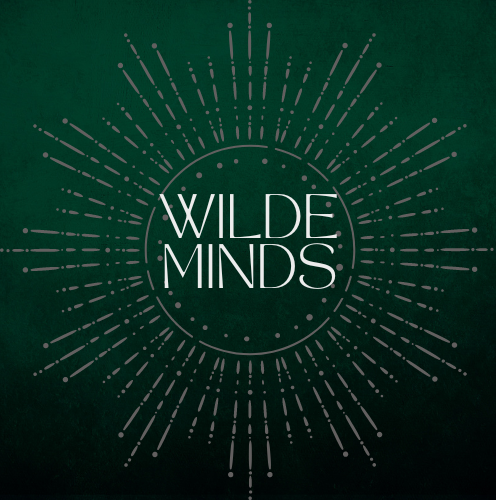Stories we tell ourselves
The incredibly wise Carl Jung, psychotherapist, mystic, scientist and philosopher noticed that across countries, cultures and times, we all tell stories with similar themes.
As a bookish child, I would read anything I could get my hands on. And in my culture, storytellers were revered and seen as a distinguished profession.
Before the days of the internet, TV or national literacy, Ireland had a tradition of the spoken word, like so many cultures. The storyteller would roam on foot from village to village, house to house, hosted and fed by those who could afford to, while the local families would gather by a neighbour’s fireside to listen to the tales.
The next day, the storyteller would move on, each story changing a little in its telling, hundreds of tales woven in his head, some of them with a long history from the days when the people believed in the fairy folk (some still do) and the magic of people who could heal with a touch.
Jung’s theory of universal consciousness, which was potentially passed down through the generations by tales and characters, or even in our DNA is an intriguing one.
The set of common characters in all cultures is still resonant today, the Ruler, The Magician, The Sage or wise one, the Child, the Lover, the Joker to name a few.
He called them Archetypes. There are twelve main characters, with four offshoots from each, which colour the characters in terms of their self-expression or life circumstance that shapes their personality. For instance, the child archetype could be the innocent, the brat, the orphan, or the magical/spiritual child.
Harry Potter is an orphan and magical child, Bart Simpson is the archetypal brat, the magical/spiritual child is Jesus, The Dalai Lama, The Last Emperor and I’m sure you can think of more.
The archetypes are woven through history and instantly recognisable. We all have a picture of who a Hero is.
Another theory from the psychoanalytical field is the notion that we all have a life script. That at an early age, when forming our personality and at the mercy of our circumstances and the influence of caregivers, older siblings, significant adults and friends, we unconsciously decide on a role or script to live.
Some decide they are Rebels, pushing against authority and societal rules, driven to be different, a law-breaker, a rabble-rouser. At the other end of the spectrum are the victims, fated, in their own minds, to be weak, bullied, discriminated against and ignored. And we all know those who feel they are the Golden Child, perfect, can do no wrong, expecting to be loved and lauded, with the temperament and expectations of a pampered child.
Following a life script that you decided on without the wisdom you have now is at the core of self-limiting beliefs. A trick of the mind that sets a perpetual pattern that is hardly recognised by the person who lives it. We trap ourselves in a role that stops us from being who we have the potential to be.
We choose these roles at a very young age. The problem is that what we think about ourselves finds proof that consolidates those thoughts. If you think you are unlucky, you will be. Because you will actively seek out proof that you are.
Conversely, people that believe they are lucky not only find that they are, they see and act on opportunities that make it so. Don’t take my word for it, there have been many experiments proving this is the case. It can be summed up in the words of the great Doctor Leonard Orr:
“What the thinker thinks, the prover proves.”
Do you have negative thoughts about yourself that hold you back? Are you living according to a life script that is, in fact, not based on the truth of who you really are?
The stories we tell ourselves are just stories. They are not truths. Perhaps it’s time to tell yourself a happier, more empowering story?



